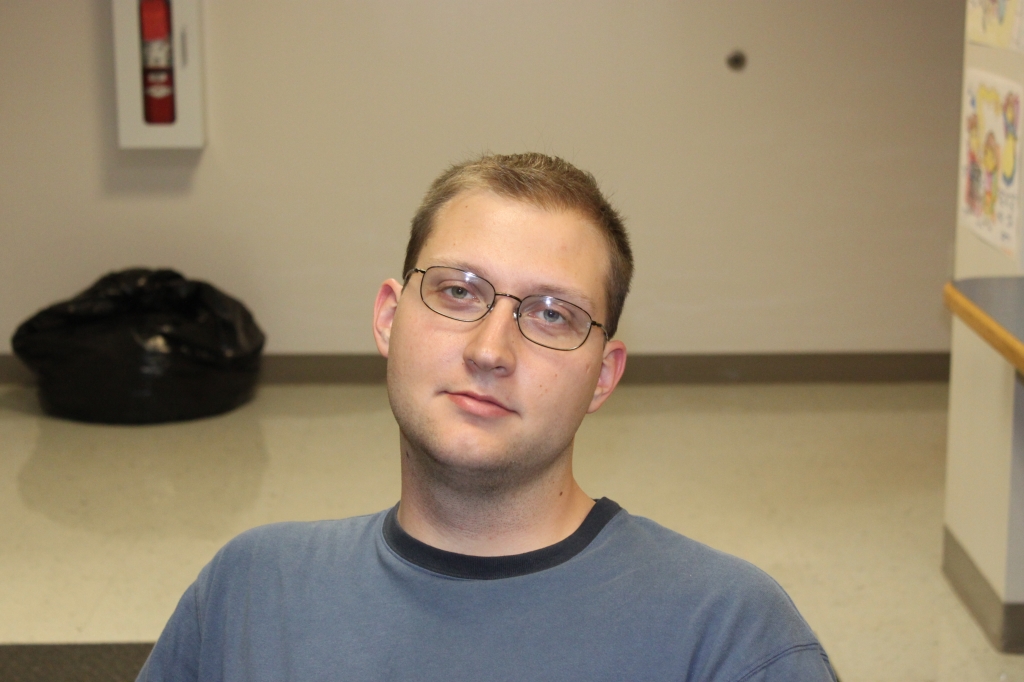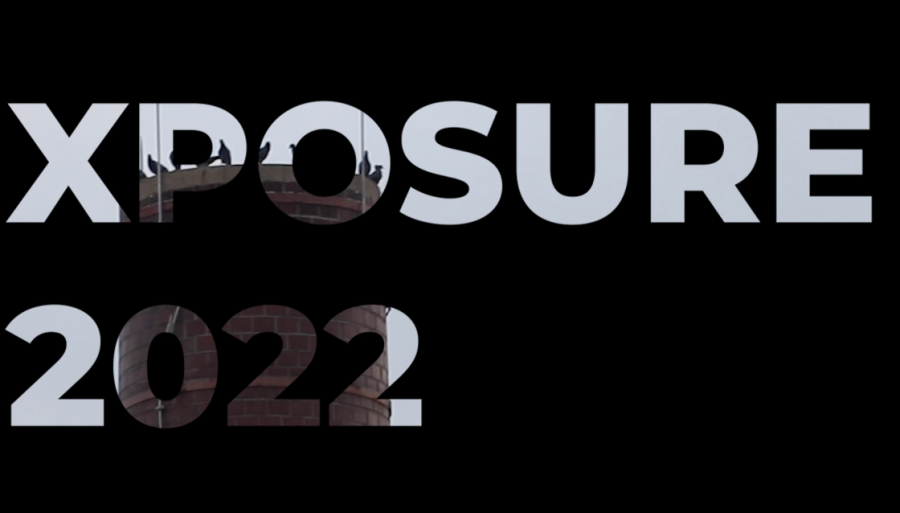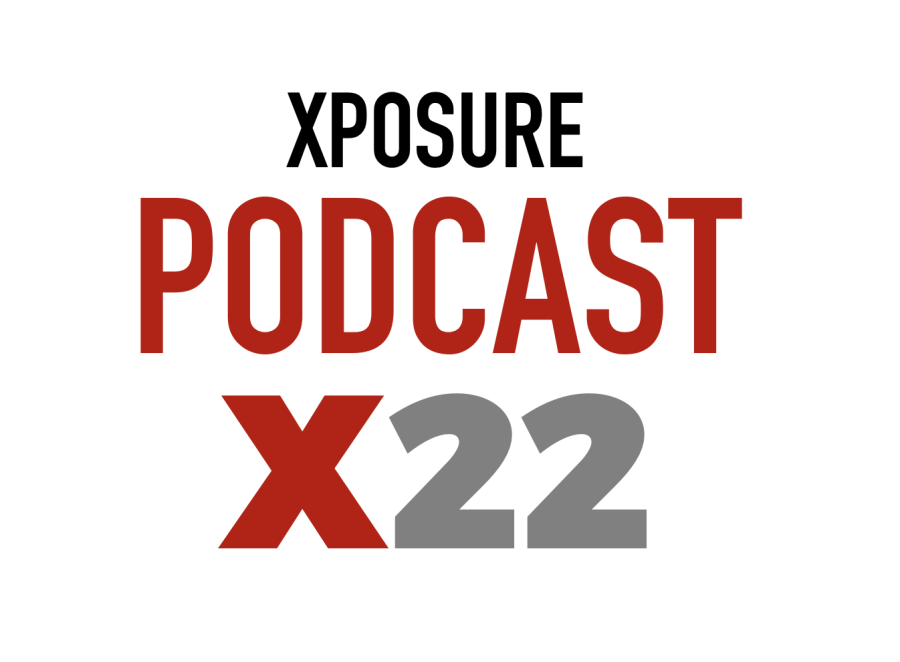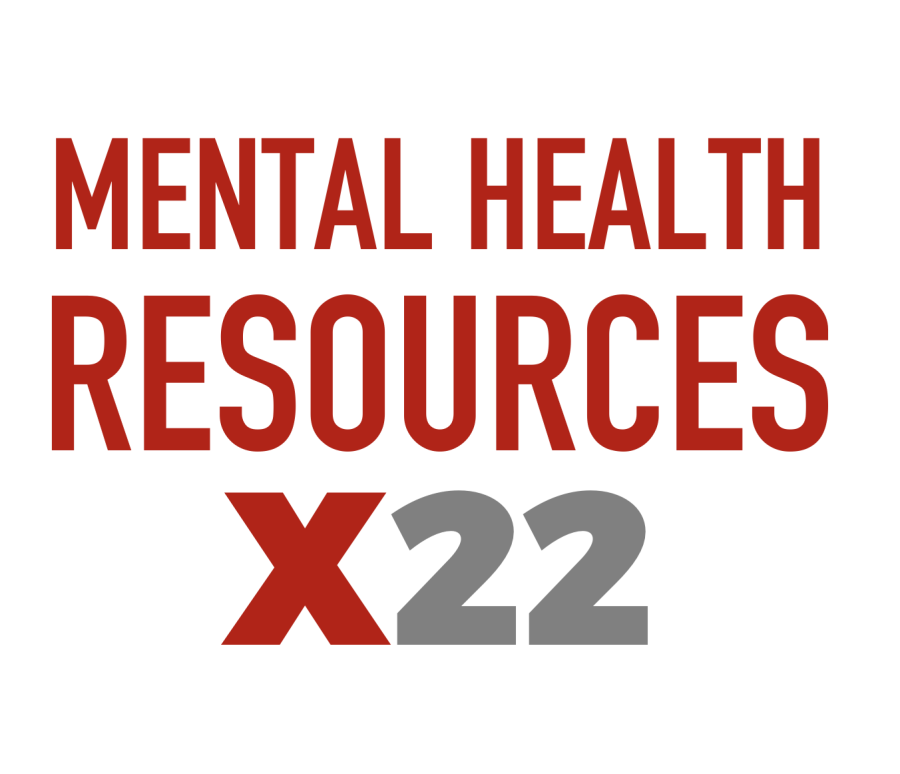By Victoria R. Ballengee
North Hardin High School
On Dec. 12, 2012, someone will eat an unknown nuclear fruit to start the anticipated zombie apocalypse.
The year 2012 is believed to be a new age, but it is also believed to be the year where billions of people die and start the biblical story of Adam and Eve.
The rapture, super volcano, alien invasions, nuclear war and asteroids have been predicted as possible calamities that may happen on that day – or during that year.
The truth is that they are all just wild guesses.
No matter how thoroughly someone’s theory has been explained, there is absolutely no scientific evidence. It’s almost saying that dinosaurs will randomly roam the earth once again.
Will the world end in 2012? No. Will there be disasters that lead to deaths? Yes.
There are some major happenings that will occur in 2012 that people are either avoiding or over exaggerating the facts.
The Mayan calendar is ending on Dec. 12, 2012, nothing more and nothing less.
Pole shifting is already an approved fact that it is going to happen in 2012, slowly but surely. Since the ice is breaking and melting because of global warming, the pole will migrate near Greenland which may cause future disasters such as floods and tsunamis.
The galactic alignment is happening in this moment, and will be together in one line sometime in 2012. When it does align, it’s the sign of the new age.
An asteroid that has a given name of 433 Eros is going to pass earth, but it’s not likely to have any impact on earth.
There will be a presidential election on Nov. 6 that could dramatically change the government in the United States.
But, there is nothing that is endangering humanity.
Well, maybe there is, but we never know when it’s going to happen. It will happen when we least suspect it, but before then, live your life until it’s over.
A Dec 21, 2012 cataclysm is not going to happen.
Case closed.
New Generation
By Charley Nold
duPont Manual High School
As a member of one of the first generations to grow up in an integrated society, I’m stumped that older generations spend any time at all fighting over race.
Integrated classrooms, civil rights laws and a growing number of minorities have caused my generation – for now a nameless generation – to know diversity as typical, not unusual.
Now, Arizona’s recent legislative decisions to try and cut down on illegal immigration have fostered a rival sentiment. This, in turn, has created protestors, angered bloggers and inspired t-shirt designers.
It is astonishing to me that we still live a world where racially-charged sentiments make such an impact. The course of action taken by Arizona is anti-progressive to the last 50 years of race relations in the United States.
Arizona’s brash policy to eliminate birth-right citizenship has pushed people to extreme positions.
“They’re only going to create more problems for themselves,” said Paul Wozniak, head of the sociology department at Western Kentucky University.
He said he agreed that the legislation was a step backward from the political, social and economic equality being sought in recent years in the United States.
Wozniak said demographic changes have always brought about other changes, which was the case with Arizona.
“Maybe that’s the big challenge of your generation,” Wozniak said. “To be more accepting.”
It will be hard not to be accepting of others, because there is no way to avoid diversity, especially now that we “kids” have grown up in a world where diversity is something we’re supposed to strive for.
“The whole country has become more diverse,” Wozniak said.
He said he recognized that growing population shifts of minorities were occurring around the world, but more so in the United States. And even locally.
“Groups of minorities have been increasing since I came to Bowling Green,” Wozniak said. “If you look around Bowling Green High School, you’ll see a diverse population of many people and many languages.”
As a generation we need to continue to accommodate diversity, and show the generations before us that tolerance is important to progress.
The free-minded teens and young adults of the nameless generation won’t be able to stop inequality; however, they can set the bar high as the first generation to grow up in a world where acceptance is the expectation, not the exception










